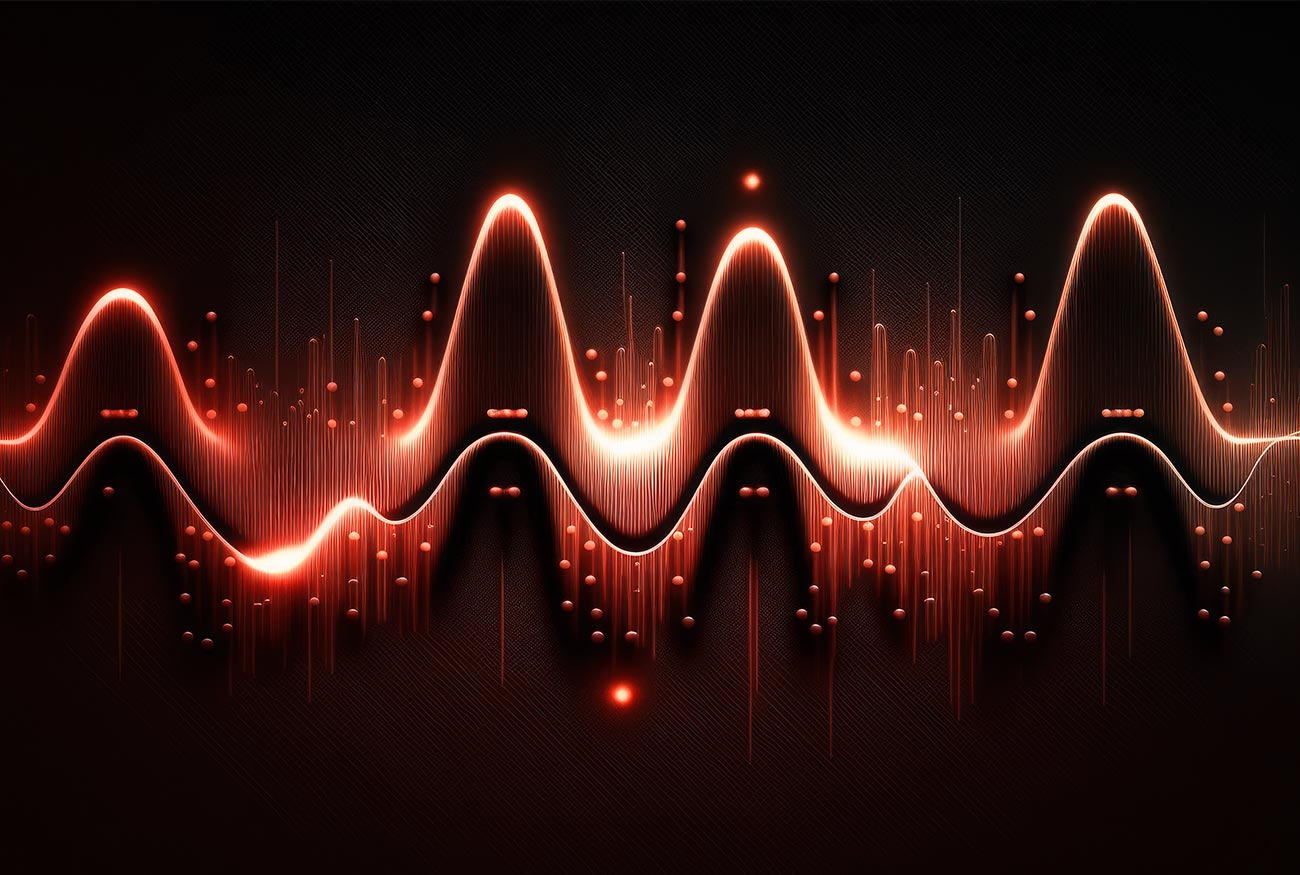Posted: Thursday, November 16, 2023
RF and Microwave Mixers play a crucial role in altering signal frequencies within radio frequency (RF) and microwave communication systems. They are essential in various applications, including signal modulation, RF signal demodulation, and frequency conversion in up/down converters.
To optimize system performance, it’s important to understand their key performance metrics and why they matter. Among those are conversion loss and conversion gain.
The Role of a Mixer
Let’s first revisit the fundamental role of a mixer. A mixer multiplies two signals: one from the local oscillator (LO) and the other from the input (often referred to as the RF signal). This multiplication results in an output signal that contains both sum and difference frequencies of the two input signals. The desired output signal, which is either the sum or the difference, is called the intermediate frequency (IF) signal.
Conversion Loss
Conversion loss is a key parameter for mixers and is defined as the ratio (in dB) of the power at the desired IF output to the RF input power, given a fixed LO power. In other words, conversion loss describes how much power is “lost” when an RF signal is mixed with an LO signal to produce the desired IF output.
Mathematically, it's given by:
Conversion Loss (dB)=10×log10(RF Input Power/IF Output Power)
For an ideal mixer, the power of the RF input signal would directly convert to the IF output power, leading to zero conversion loss. However, in real-world scenarios, due to various inefficiencies and imperfections, mixers invariably exhibit some amount of conversion loss. It's worth noting that a lower conversion loss indicates a more efficient mixer.
Conversion Gain
While conversion loss is the most common scenario, there are specific mixers, particularly those with active components, that can provide gain. In such cases, the power at the IF output is greater than the RF input power. When this happens, instead of referring to conversion loss, we talk about conversion gain.
Conversion gain is defined as:
Conversion Gain (dB)=10×log10 (IF Output Power/rRF Input Power)
Conversion Gain (dB)=10×log
Unlike conversion loss, where lower values are desired, for conversion gain, higher values are preferable, indicating that the mixer not only successfully converted the RF signal to the desired IF but also amplified it in the process.
Factors Affecting Mixer Conversion Loss and Gain
- Mixer Type: Passive mixers, which lack any external power source, almost always exhibit conversion loss since they rely on the energy of the input signals to produce the IF output. Active mixers, which are powered, can provide conversion gain due to the amplification from the active components.
- Local Oscillator Power:The power level of the LO can influence conversion loss or gain. A stronger LO signal can reduce conversion loss and, in some active mixers, can push the mixer into a regime where it provides gain.
- Balancing and Design:Properly designed and balanced mixers can minimize conversion loss. Diode and FET-based mixers, when optimally biased, can exhibit improved conversion loss or even gain.
- Frequency Range:At extremely high frequencies, parasitic elements within the mixer circuit can increase conversion loss.
Why Do These Metrics Matter?
Understanding conversion loss and gain is important for several reasons:
- System Efficiency:In communication systems, preserving signal power is crucial. Excessive conversion loss might necessitate additional amplification stages, consuming more power and possibly introducing noise.
- Signal Integrity:For applications like signal analysis or spectrum analysis, the integrity and strength of the signal are vital. Here, mixers with minimal conversion loss or those that provide gain are preferred to ensure accurate results.
- System Budgeting:For RF engineers designing system link budgets, knowing the conversion loss or gain of a mixer is essential to determine the overall performance and efficiency of the communication system.
In conclusion, mixers are foundational in RF and microwave systems. While they come with their complexities, understanding parameters like conversion loss and gain can assist in choosing the right mixer for the job and optimizing system performance.
Do you have questions about conversion loss and mixers? ERIZIA is here to help.
Contact us today for more information.
Keep reading

Share
